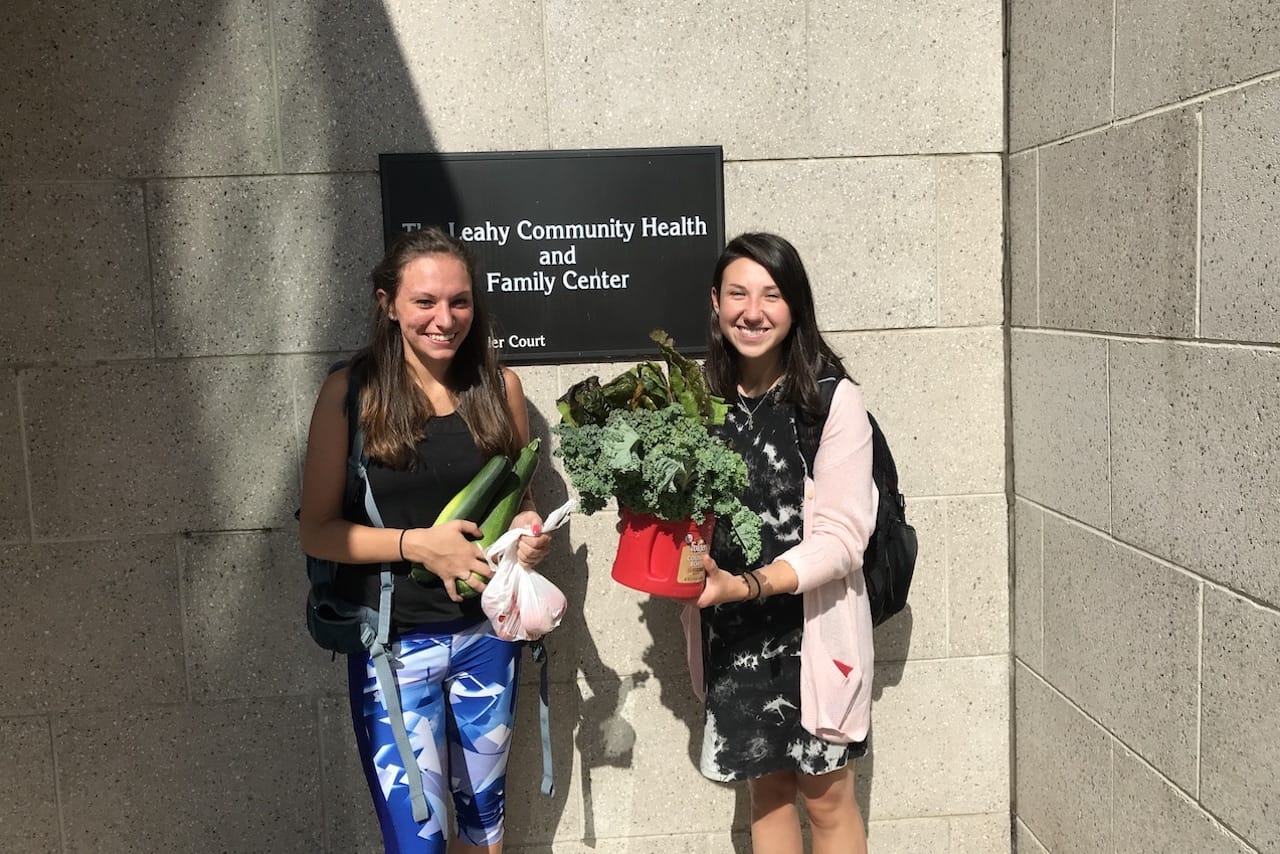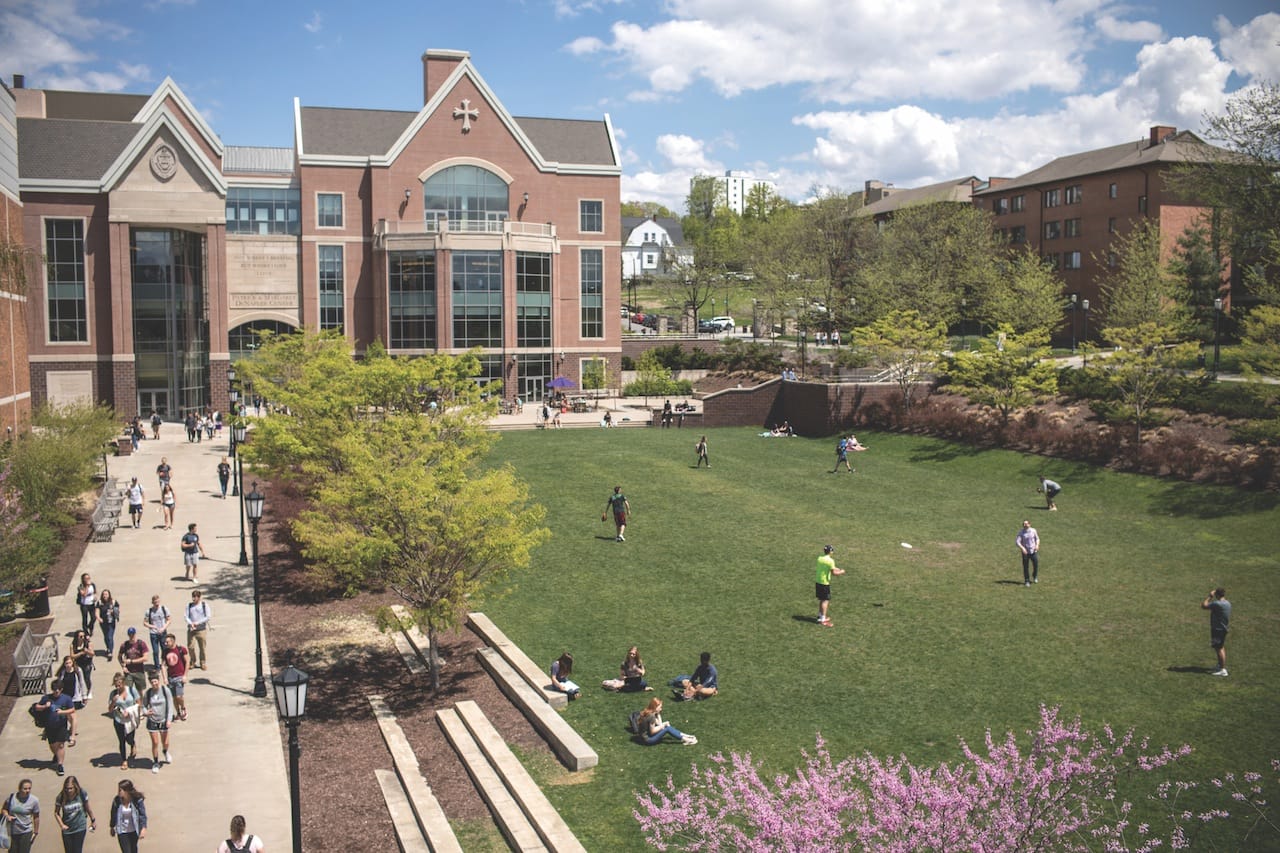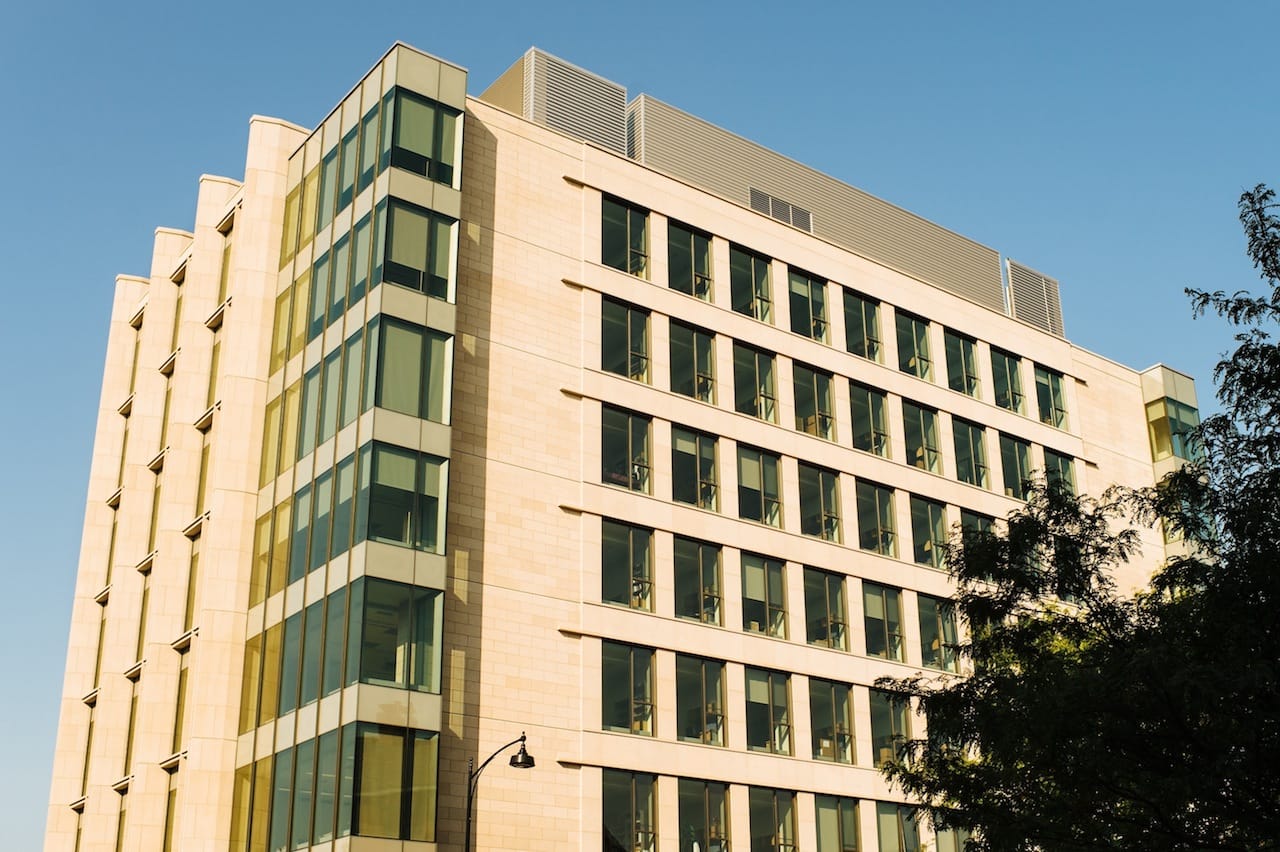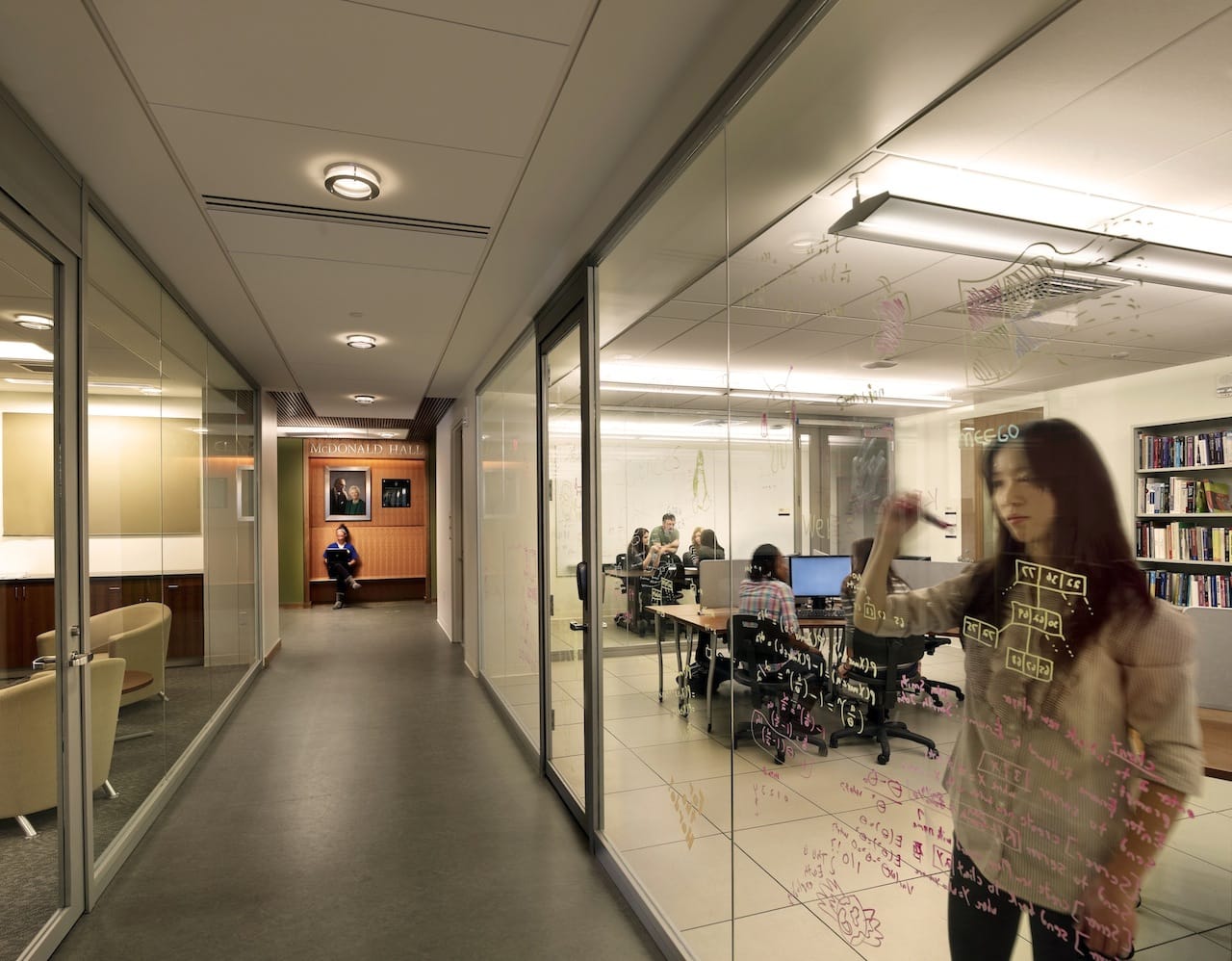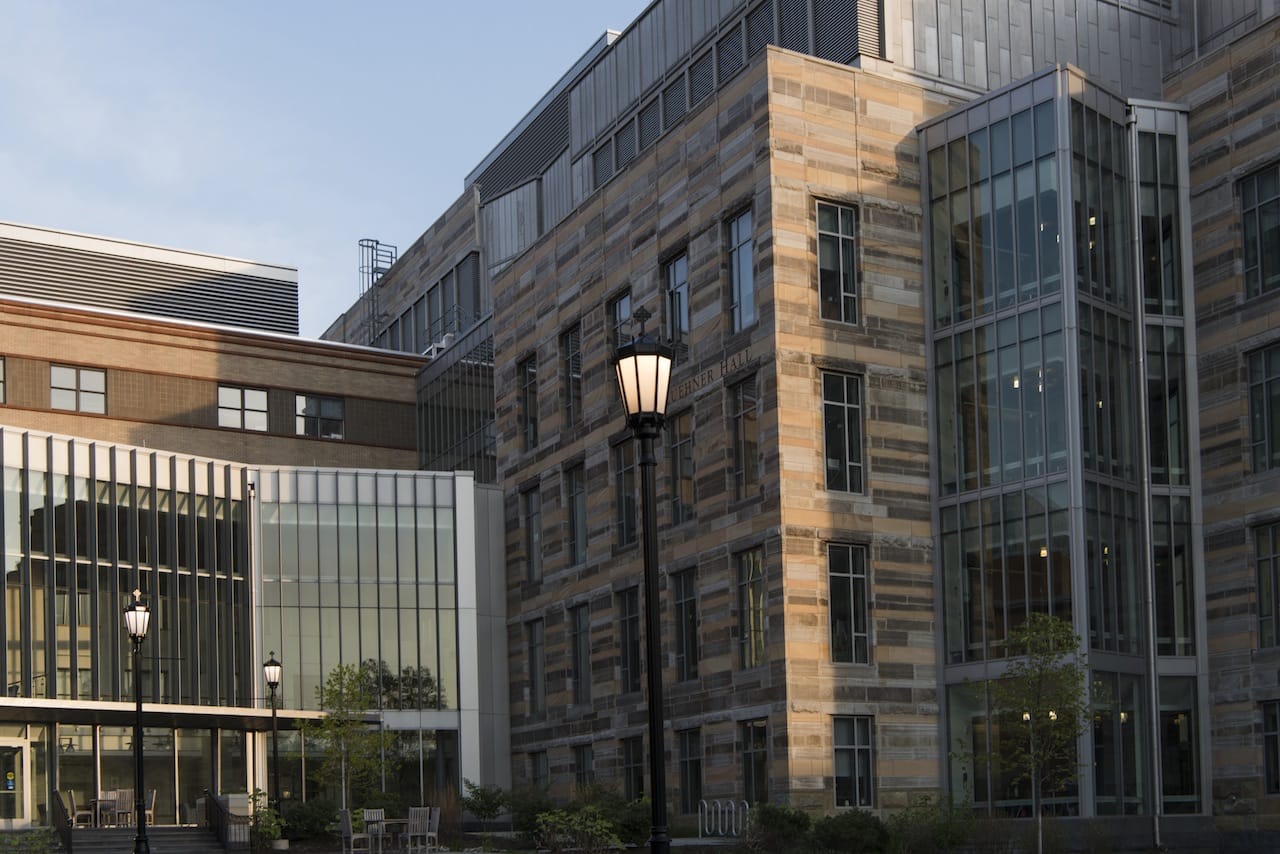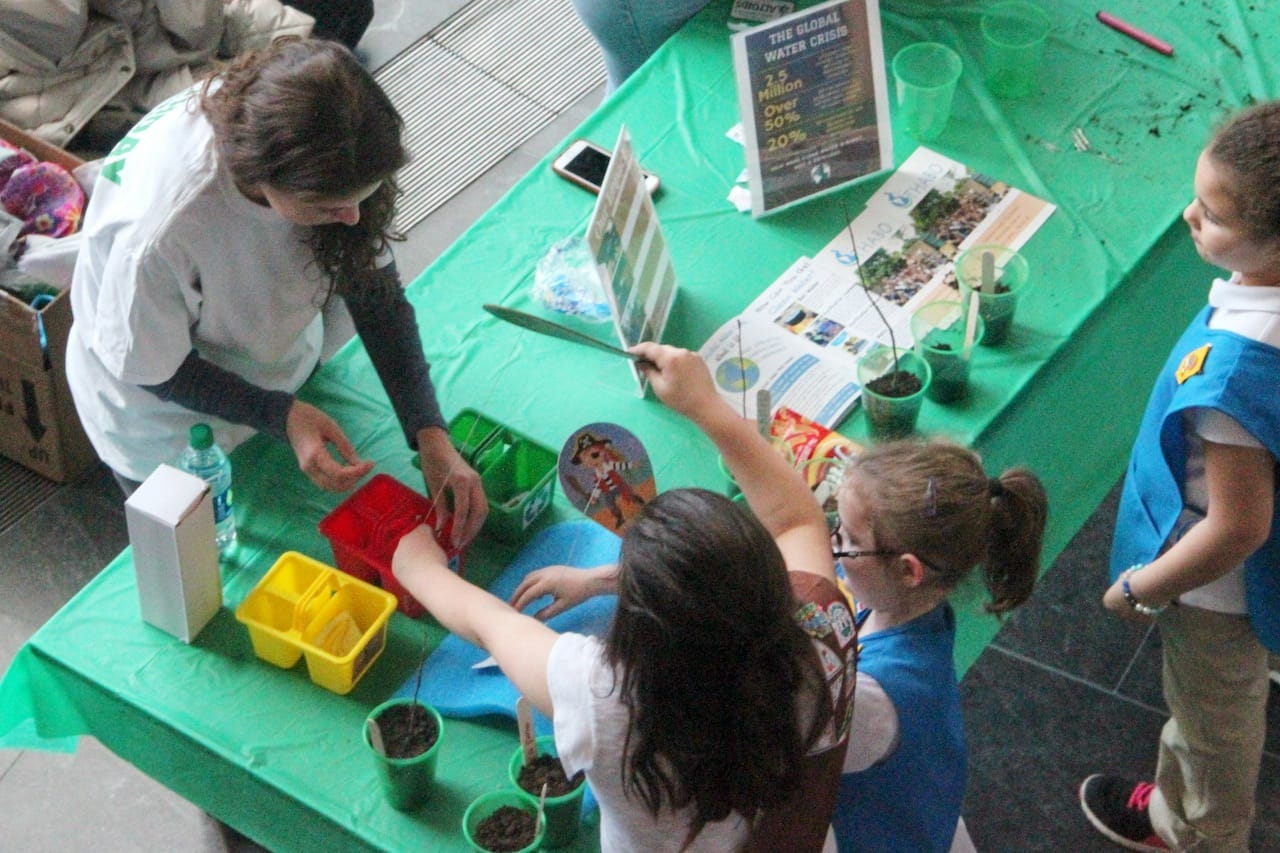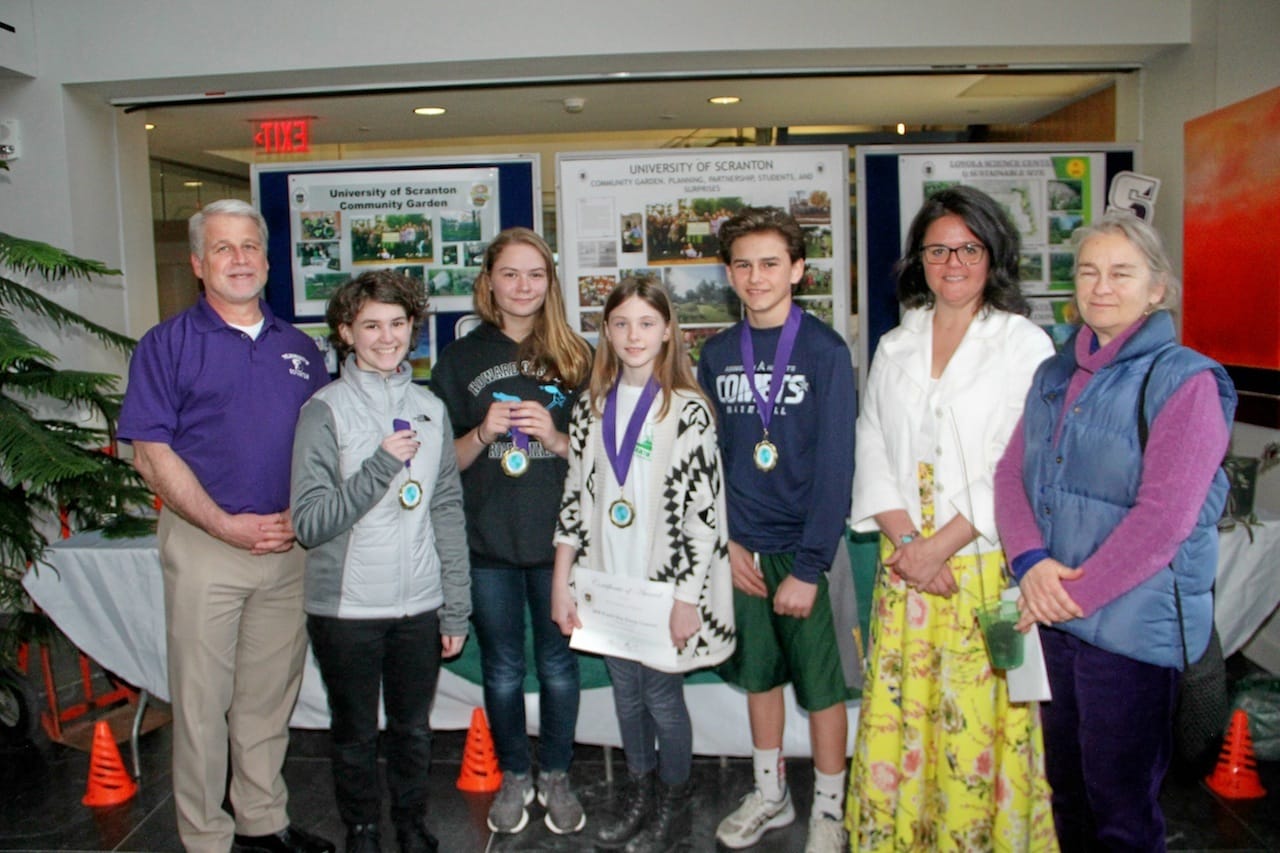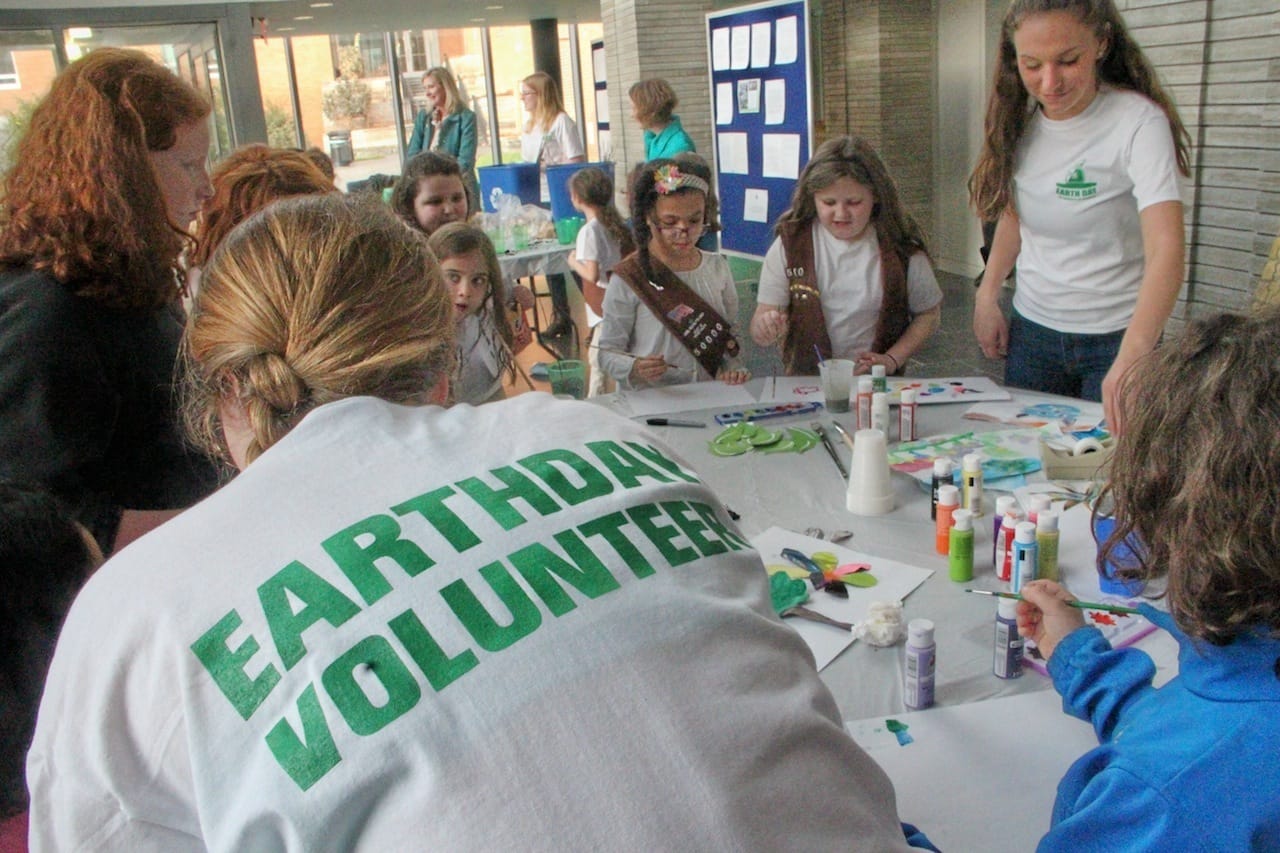Scranton Nationally Recognized for ‘Being Green’
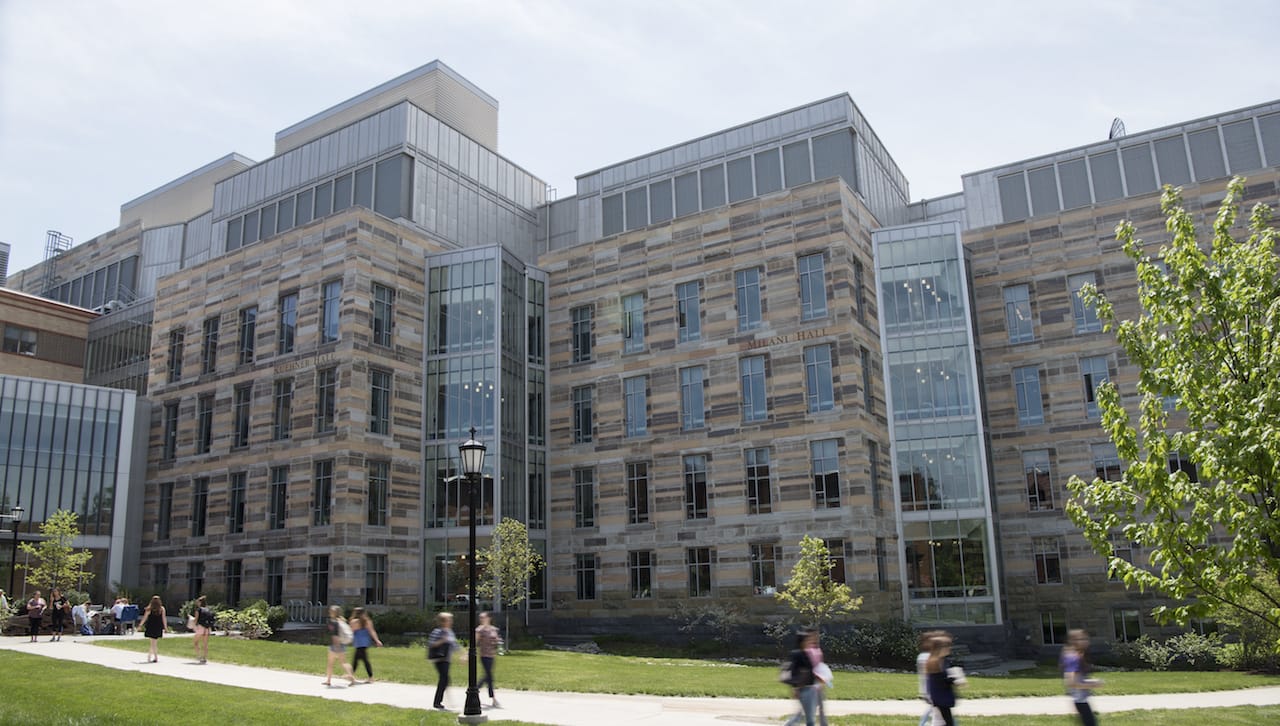
The University of Scranton is among the most environmentally responsible colleges in the nation, according to The Princeton Review. Scranton was listed in the 2018 edition of “The Princeton Review Guide to 399 Green Colleges,” which was published in October.
The guide profiles selected schools based on their “Green Rating” scores assessing the “sustainability-related policies, practices and programs” at colleges as complied from data from the Princeton Review’s survey of school administrators. The Princeton Review weighted analysis of more than 25 data points to assign a college’s Green Rating score, which was done on a scale of 60 to 99. Colleges with Green Rating scores of 80 or higher made it into this guide.
According to The Princeton Review’s Editor-in-Chief Robert Franek, college applicants and their parents are increasingly concerned about the environment and sustainability issues. Among nearly 11,000 teen-aged students and their parents The Princeton Review surveyed earlier this year for its 2018 “College Hopes and Worries Survey,” 63 percent overall said having information about a college’s commitment to the environment would “influence their decision to apply to or attend the school.”
Scranton’s long-established sustainability efforts include academics, facilities and community education and outreach. Scranton has infused issues of sustainability in courses across the curriculum, ranging from theology, to business, to the natural sciences, to education, as well as other disciplines. Scranton uses numerous “green” procedures in building maintenance practices, as well as in building design and construction. Scranton currently has three Leadership in Energy and Environmental Design (LEED) certified buildings: Leahy Hall, the Loyola Science Center and the DeNaples Center, which became the city’s first LEED certified structure in 2008. The University also conducts multiple community educational programs organized through its Office of Sustainability, which include a community garden, an Earth Day Essay Contest, an Earth Day Fair and an Evening of Environmental Science program for area children and families.
University’s community garden, which now occupies nearly three quarters of a city block, was used by nearly thirty families, staff, faculty, clubs and neighbors in the 2017-18 academic year. Biology professor Anne M. Royer, Ph.D., also used an area of the garden for research this summer. Fresh vegetables grown through-out the summer were donated to the University’s Leahy Center food pantry.
In addition, the Sustainability Office began a Work Study Program that engages work-study students in service-learning opportunities to help them grow in knowledge practical applications of sustainability concepts taught in their classes.
In addition to its “Guide to 399 Green Colleges,” The Princeton Review has listed Scranton in its “Best Colleges” guidebooks for 17 consecutive years, also ranking Scranton in its 2019 edition among the nation’s “Best Campus Food” (No. 15) and “Best Science Labs” (No. 16).
The University of Scranton’s long-established sustainability include the infusion of issues of sustainability in courses across its curriculum and has three Leadership in Energy and Environmental Design (LEED) certified buildings: Leahy Hall, the Loyola Science Center and the DeNaples Center, which became the city’s first LEED certified structure in 2008.


